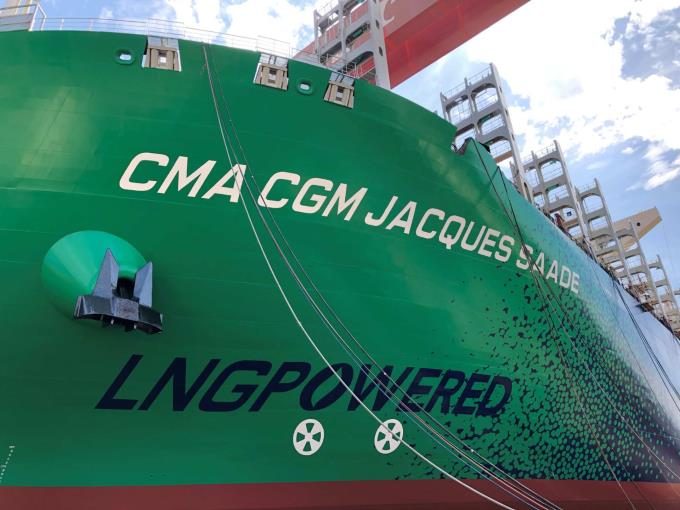Gemini carriers cut back loading allocations on challenging southern India trade
Southern India’s ocean trade continues to be a challenging market for both Maersk and Hapag-Lloyd, ...

Recent shipowner behaviour over LNG has re-ignited a clash between the fuel’s opponents and the shipping industry at large.
UCL’s Professor Tristan Smith says he is sceptical of the new momentum in LNG and that the container lines were copying one another, “perhaps because none of them are brave enough to read the IMO’s revised strategy, or really figure out what it means for rate of change of technology”.
This was “bizarre”, he said, in light ...
Semiconductors could compensate for air freight's lost ecommerce traffic
'It’s healthy competition' Maersk tells forwarders bidding for same business
Transpacific sees first major MSC blanks as rates fall and volumes falter
'Weakened' Maersk paying a heavy price for its lack of fleet growth
US shippers slam USTR port fee plan – 'an apocalypse for trade'
Opposition builds for final hearing on US plan to tax Chinese box ship calls
Despite sourcing shifts, 'don't write-off China', says CMA CGM CCO
Calling all shippers!
Please give us a minute of your time to answer the following questions:

Comment on this article